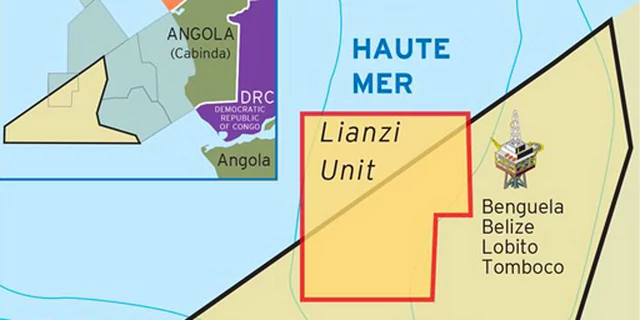In an interview conducted by Reuters in Paris, Didier Budimbu revealed that Angola and Chevron (CVX.N) have proposed a production-sharing agreement for block 14. According to the agreement, each nation would possess a 30% stake, while Chevron would operate with the remaining 40%.
This agreement holds the potential to alleviate longstanding tensions between the two nations regarding the control of these blocks, which have been under Angola’s ownership for a significant period. Unfortunately, requests for comments from Sonangol and Chevron, the state-owned oil companies in Angola, have not received a response.
Budimbu expressed optimism about the progress, stating that another meeting is scheduled soon and significant advancements can be made swiftly. He emphasized that both countries would possess approximately 30% ownership, with the remaining 40% allocated to the operator. Discussions regarding other blocks extending across the Atlantic coast, which share borders between the two nations, are still ongoing.
According to Budimbu, Sonangol, the state-owned oil business of Angola, will write off a $200 million debt that Sonahydroc, the national oil company of the Congo, owes Sonangol.
This arrangement is not the only recent collaboration between these two nations. In an effort to improve mobility, it was announced two weeks ago that officials from Congo and Angola who carry diplomatic or official passports are no longer required to get visas.
The agreement was signed at the 8th joint cooperation committee between the two countries, which was held in the capital Brazzaville, by Tete António and Denis Christel Sassou Nguesso, the senior diplomat for the Democratic Republic of the Congo.
The two nations also decided to begin the process of finalizing cooperation agreements in the fields of tourism, women’s empowerment, forestry, wildlife ecosystems, small and medium-sized businesses, construction crafts, urban planning, housing, and housing.
Sassou Nguesso and Antonio also agreed to take charge of the Joint Technical Commission of Border Experts and its subcommissions’ resumption of work. In order to maximize the economic potential of the two nations, they also suggested creating an economic conference.

